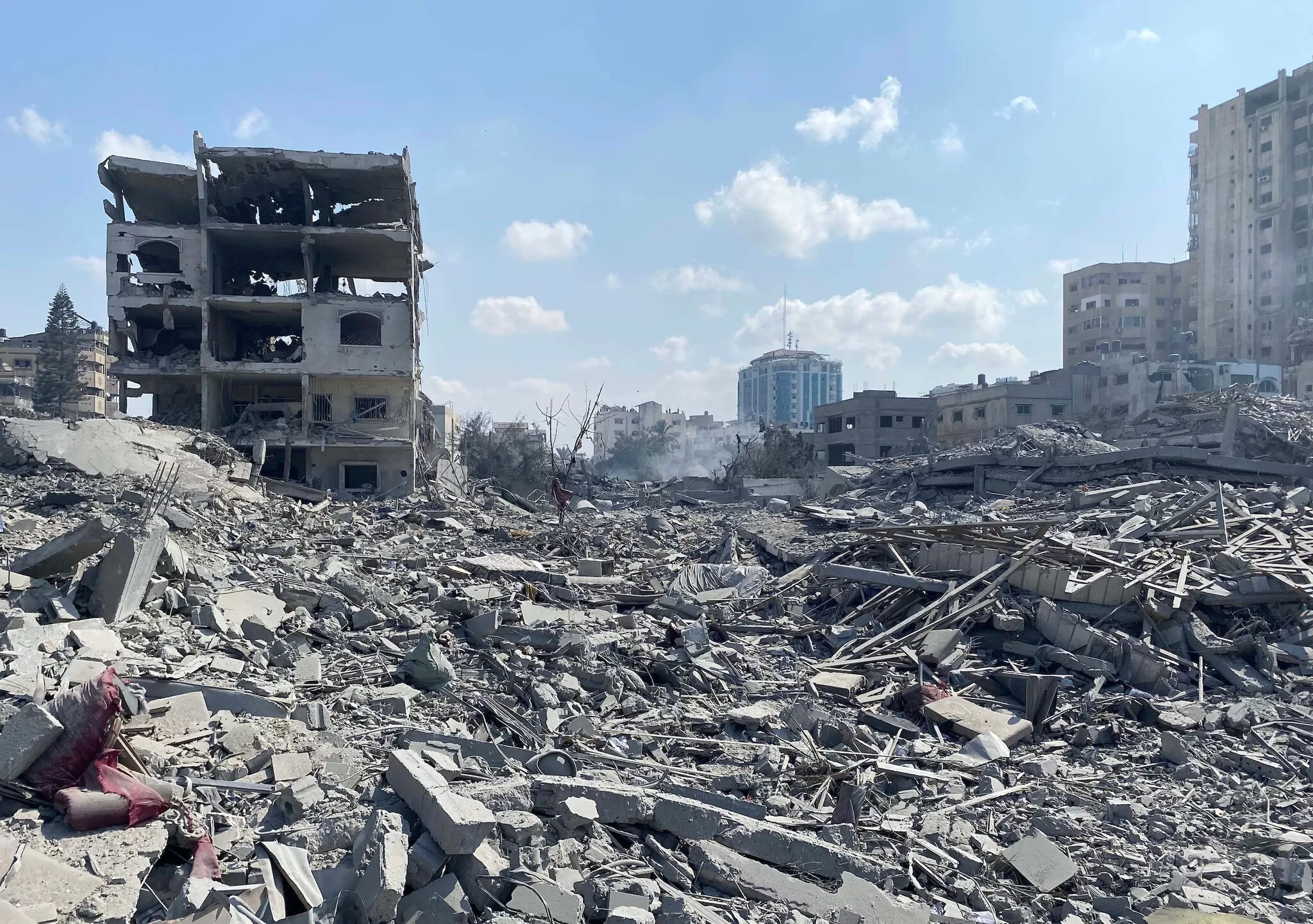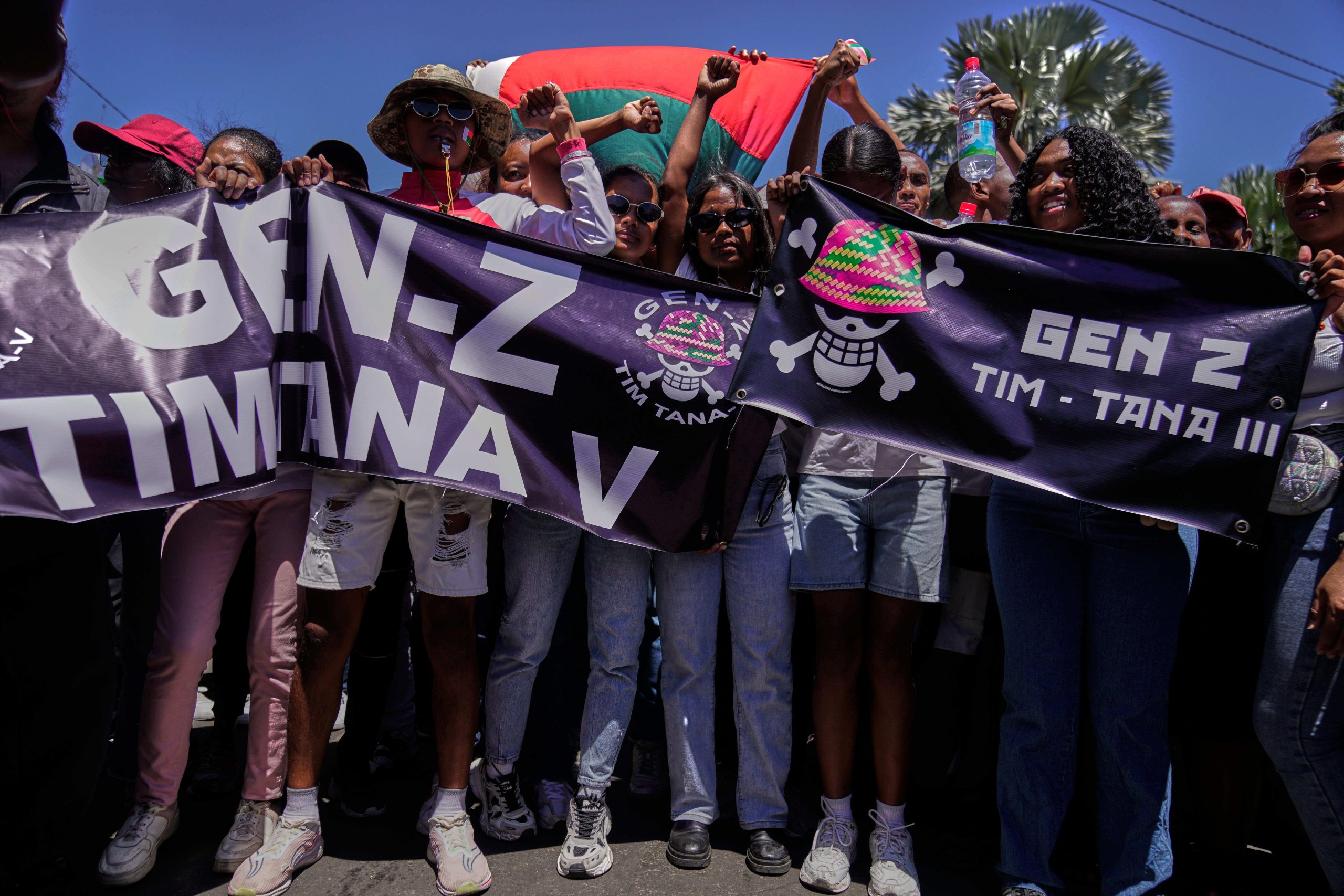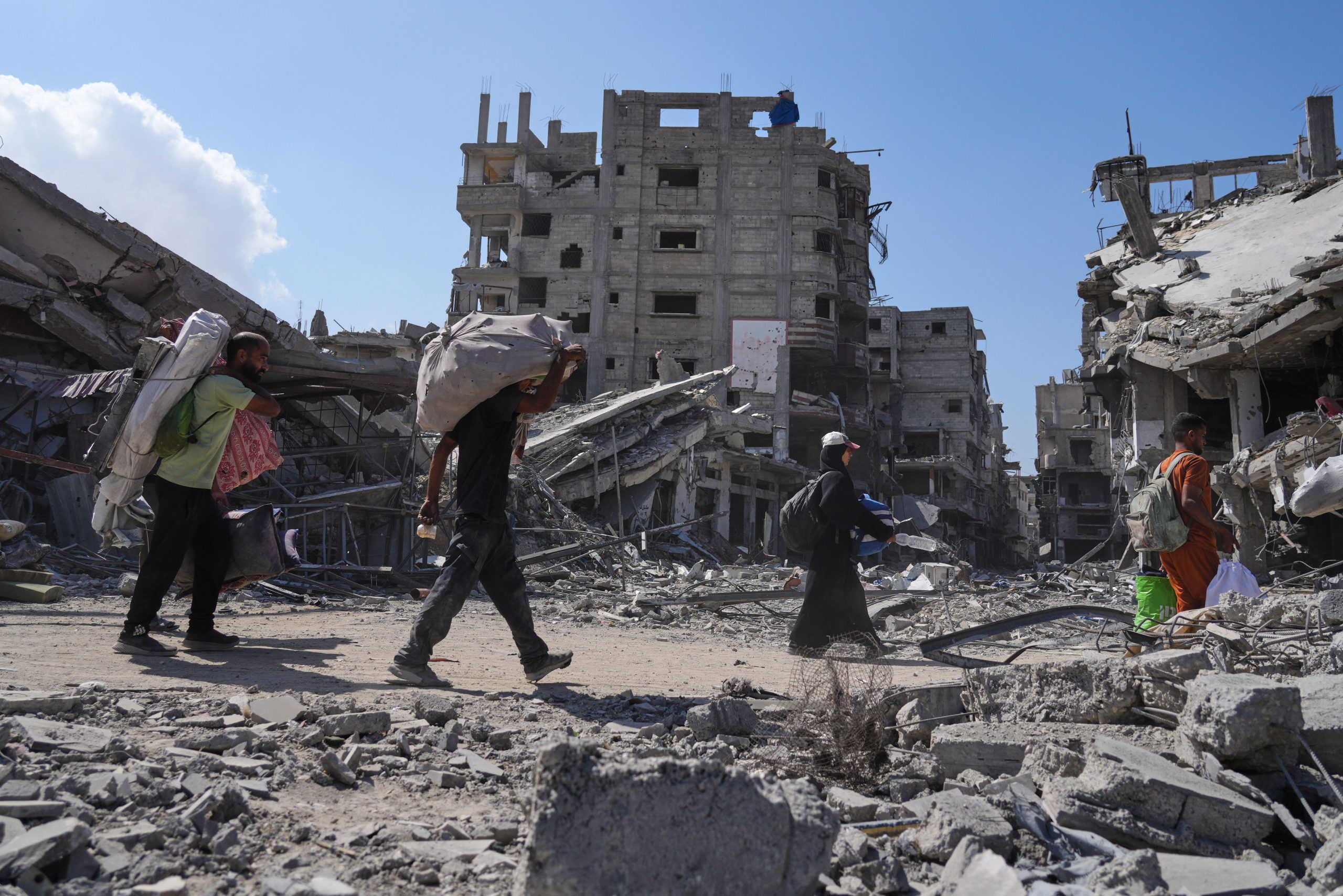Last week, Israeli soldiers raided the Al Jazeera office in Ramallah, within the occupied West Bank and ordered the network’s bureau to shut for 45 days.
This is not the first time a media shutdown has happened. In early May, the Israeli army stormed the Al Jazeera bureau in East Jerusalem and closed it after confiscating its equipment, claiming that the network was a threat to Israel’s national security.
An additional two claims were made by Israel this time, which were that the network “incites terror” and “supports terrorist activities”.
Israel has long exercised suppression against the freedom of press and media in the occupied Palestinian territories. Many Palestinian journalists have been killed, attacked, threatened and arrested.
Israel has made Palestinian journalists’ jobs in the occupied territories almost impossible. It’s a constant life threatening situation – on many occasions, Israel has deliberately targeted Al Jazeera journalists and their families.
The sniping of Palestinian-US journalist Shireen Abu Akleh in 2022; the targeting of many other colleagues’ families in Gaza, including my own family; the deliberate killing of Al Jazeera journalists in direct attacks; these all resemble Israeli crimes against press freedom and attempts to silence journalists.
Regardless of the feeling that your press gear labels you as a direct target to the Israeli army, the pain and worry of being a danger to your loved ones is indescribable.
Since October 2023, Israel’s suppression of the press has reached foreign journalists too, as it has prevented all international journalists from exercising their right to cover one of the most brutal wars in recent history.
I believe this is an attempt to avoid exposure of crimes committed against the Palestinians, and the crisis they face.
Al Jazeera as a network has long been a prominent voice in covering the Israeli-Palestinian conflict, and its presence in the region has always been crucial for a global audience.
The network’s coverage depends on a large number of journalists, bringing together all aspects of the story at once.
Over the years, Al Jazeera has built a reputation for its commitment to telling the story from both sides of the divide. Many people across the world turn their sights to Al Jazeera channels for the latest developments of breaking news stories.
Its coverage isn’t just a reflection of events on the ground – it is an avenue for audiences, globally, to understand the complexities of these events and engage with every story.
The closure of its offices sends a chilling message to the media landscape as a whole.
For years, Al Jazeera has been criticised by Israeli officials for what they allege is biased reporting. Yet, such accusations overlook the network’s fundamental journalistic principle: to show the full spectrum of the story.
I believe that Al Jazeera’s coverage is notably impartial. I say this because it brings to light the narratives of both Israelis and Palestinians, ensuring that no side goes unheard.
Its reporters don’t shy away from broadcasting the pain and suffering endured by civilians on either side of the conflict. Whether it’s an Israeli family mourning after a rocket attack, or Palestinians in Gaza grappling with the aftermath of airstrikes, or settler violence and illegal confiscation of Palestinian land in the West Bank, Al Jazeera’s cameras capture both human realities.
All this is clear in its coverage since the beginning of the Gaza war. On 7 October 2023, my reporting as a Gaza correspondent was on the Palestinian attacks on Israeli towns with complete objectivity. Other stories for my colleagues in Israel highlighted the aftermath of these attacks and the impact on Israeli families.
This objectivity is rare and invaluable in a conflict where misinformation, propaganda, and one-sided narratives often dominate. Where many news outlets have taken up clear ideological stances, Al Jazeera has remained steadfast in its commitment to neutrality. It’s not just about giving airtime to both sides – it’s about letting the facts speak for themselves.
And this, in my opinion, is the true objective of journalism in the first place. Our job as journalists is to inform the public based on facts and evidence, not political agendas.
But to suggest that this impartiality is a threat worthy of office closures is to misconstrue the role of journalism in a so-called “democratic society”. The very essence of free press is to inform the public, to provide transparency, and to hold those in power accountable. Silencing a media outlet like Al Jazeera is a direct assault on these values.
The closure of Al Jazeera’s offices also highlights a troubling double standard. Israeli authorities have allowed other international news agencies to continue their operations, many of which cover the conflict in ways that are far less nuanced or balanced. Yet Al Jazeera, a network that works diligently to present both Israeli and Palestinian perspectives, is being targeted and its journalists are constantly under attack. What does this say about the future of press freedom in Israel and the occupied territories?






